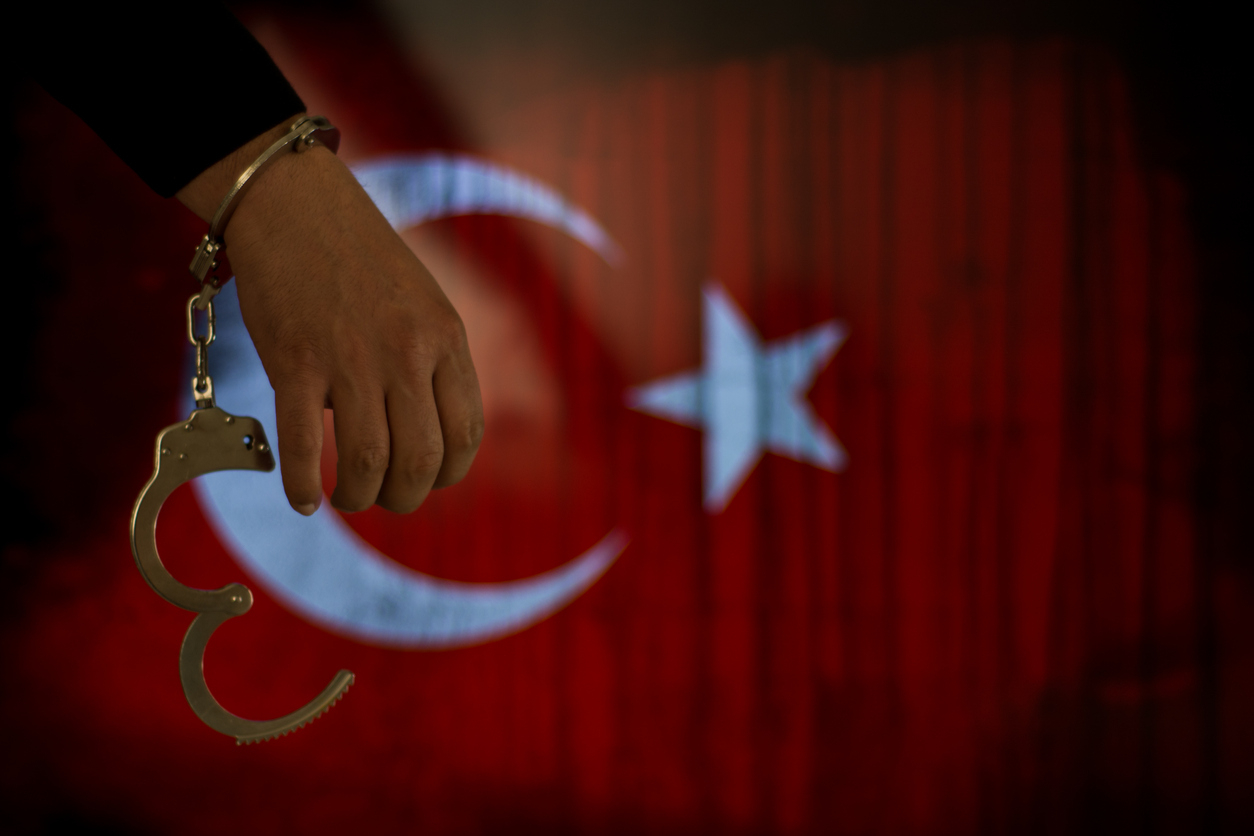Turkey: Iranian-Kurdish Political Refugee to be Deported

An Iranian Kurdish political refugee, Afshin Sohrabzadeh, 31, who suffers from cancer and lives in Turkey, has been held in administrative detention for deportation — for allegedly “threatening Turkey’s security”. He is currently being held in a removal center, and, if returned to Iran, he may well face the death penalty.
On April 5, he visited the Eskisehir Immigration Office to get permission to visit a friend in Ankara. Instead, he was held in administrative detention and a decision was made by the authorities to deport him back to Iran.
